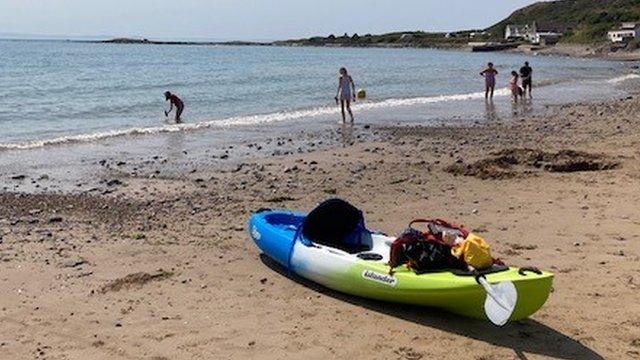Heatwave: Wales' second hottest day brings health warning
- Published
- comments

People have been trying to keep out of the sun in Conwy
Ambulance chiefs have warned people not to underestimate the heat, even if temperatures drop slightly.
Welsh Ambulance Service said there is still a "very real danger," especially for those with asthma or angina.
Wales experienced its warmest night ever on Monday, while on Tuesday the temperature in Hawarden, Flintshire reached 36.2C (97.2F).
This is provisionally the second hottest day on record in Wales.
Overnight on Monday, the temperature was a minimum 24.5C (76F) in Aberporth, Ceredigion, beating the previous night time high of 22.2C (72F) from 1948.
By midday on Tuesday, temperatures had reached 34.2C (93.6F) at Rhyl, Denbighshire.
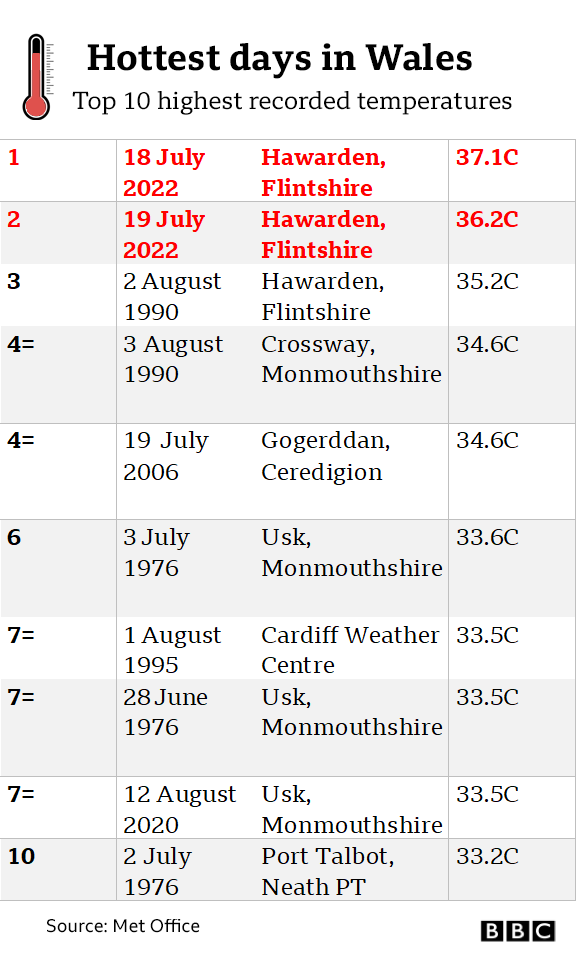
Welsh Ambulance Service reported a rise in demand and challenges in handing over patients at hospital.
Lee Brooks, operations director, said the intense heat could be a danger to otherwise healthy people.
"A high proportion of calls yesterday were reporting breathing problems and chest pain," he said.
"We also picked up that hydration is an issue for some patients."
Aneurin Bevan University Health Board said it was experiencing unprecedented demand.
"The addition of the extreme heat in recent days has further exasperated this pressure," a spokesman said.
Welsh Water said another record also went on Monday - with people across the country using more water than on any other day.
This was an increase of 40% compared with normal usage in some areas.
Transport and animal warnings
Transport for Wales urged people to check before travelling, external, with some services being changed because of the heat.
Among warnings about keeping pets and animals safe in the heat, people were urged to look out for hoglets, abandoned by their mums.
"It's a sad fact that if the mother hedgehogs can't feed themselves they will abandon their litter of babies and we have had several litters of hoglets handed in for us to care for," said Julie Batt, who runs the Pembrokeshire Hogspital.
"It is a time when people should put shallow trays of water out in their gardens and food - not milk - but cat food or cat biscuits to help these hungry hedgehog mums."
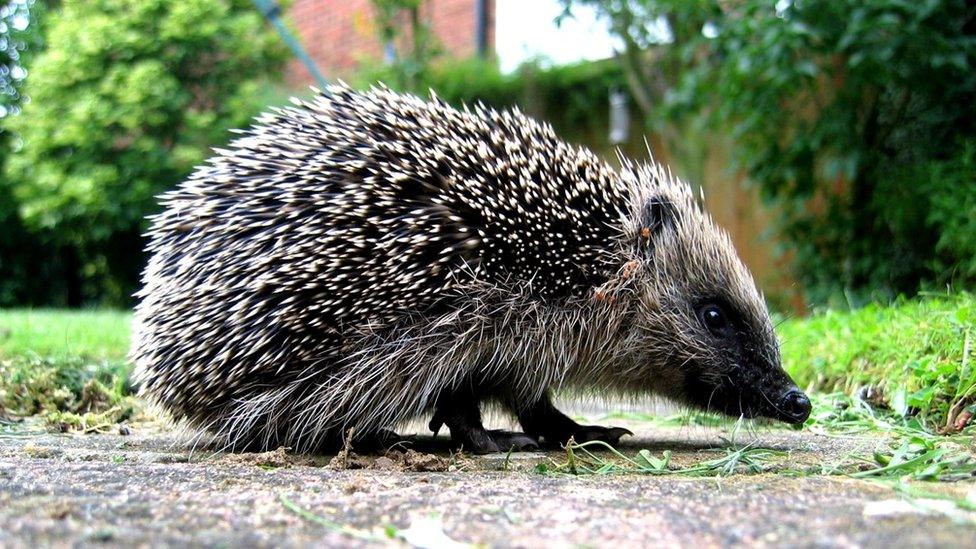
Hoglets may be abandoned in the heat
The Met Office said there had been a record UK high temperature of 40.3C at Coningsby in Lincolnshire, at 16:00 BST on Tuesday, well above the previous high of 38.7C in 2019.
Earlier the UK's national weather service, external tweeted that Monday night had, provisionally, been the UK's warmest night on record.
It said: "Temperatures didn't fall below 25C in places, exceeding the previous highest daily minimum record of 23.9C, recorded in Brighton on 3 August 1990."
Allow X content?
This article contains content provided by X. We ask for your permission before anything is loaded, as they may be using cookies and other technologies. You may want to read X’s cookie policy, external and privacy policy, external before accepting. To view this content choose ‘accept and continue’.

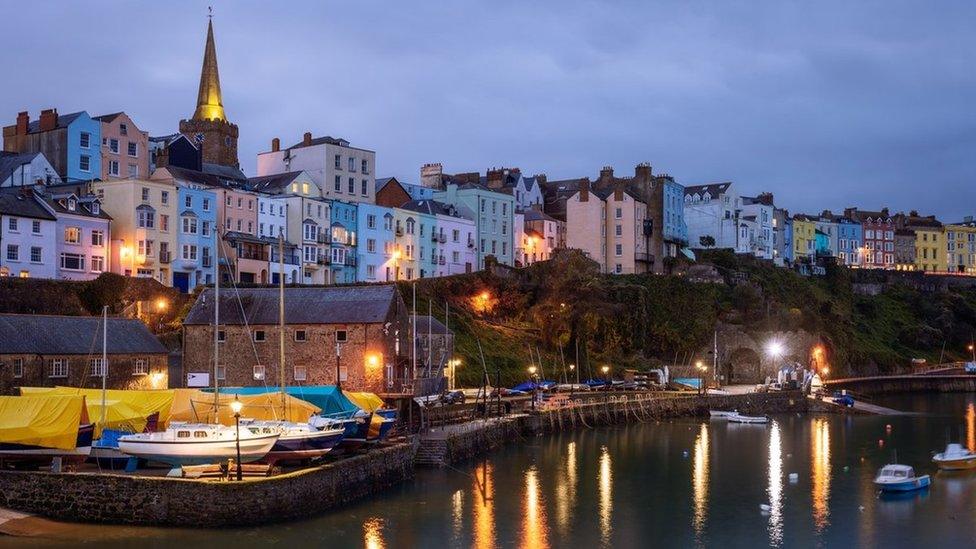
People in Pembrokeshire used far more water than normal, according to Welsh water
Wales had recorded its hottest day ever on Monday - 37.1C (98.8F) in Hawarden, Flintshire - beating a previous high of 35.2C (95.4F) in the same place in 1990.
Welsh Water chief executive Peter Perry said despite a big demand on its reserves, there were no issues over supply.
"Yesterday along with those record temperatures we saw record water usage," he said.
"We usually supply 800 million litres of water a day. Yesterday we were up over a billion litres. So a 20% increase but in some areas that increase was 40% in some of our rural areas in Pembrokeshire and mid Wales."
- Published19 July 2022
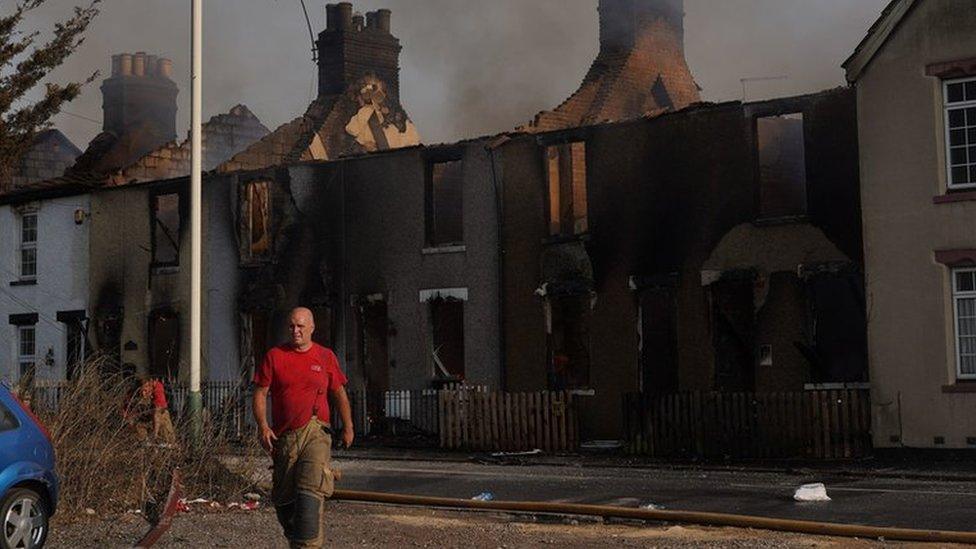
- Published18 July 2022
